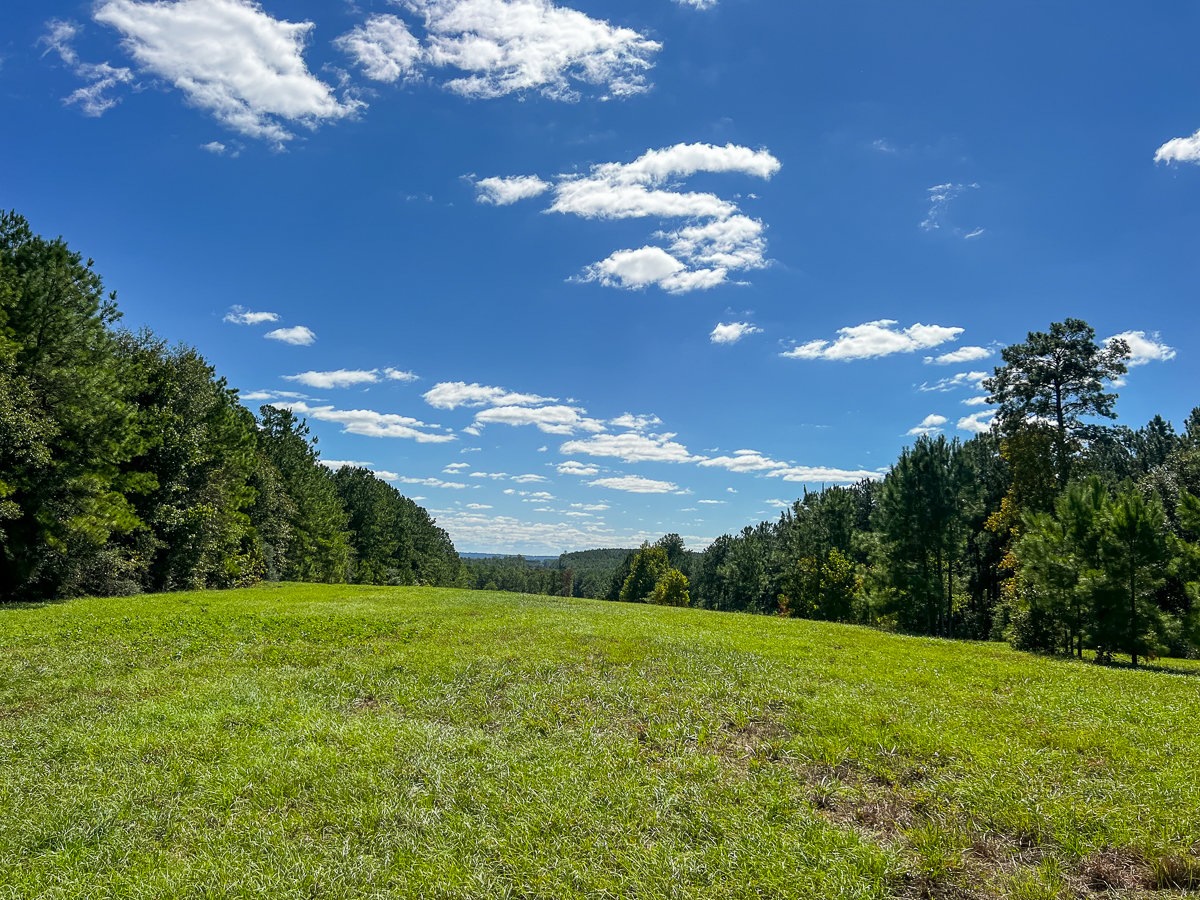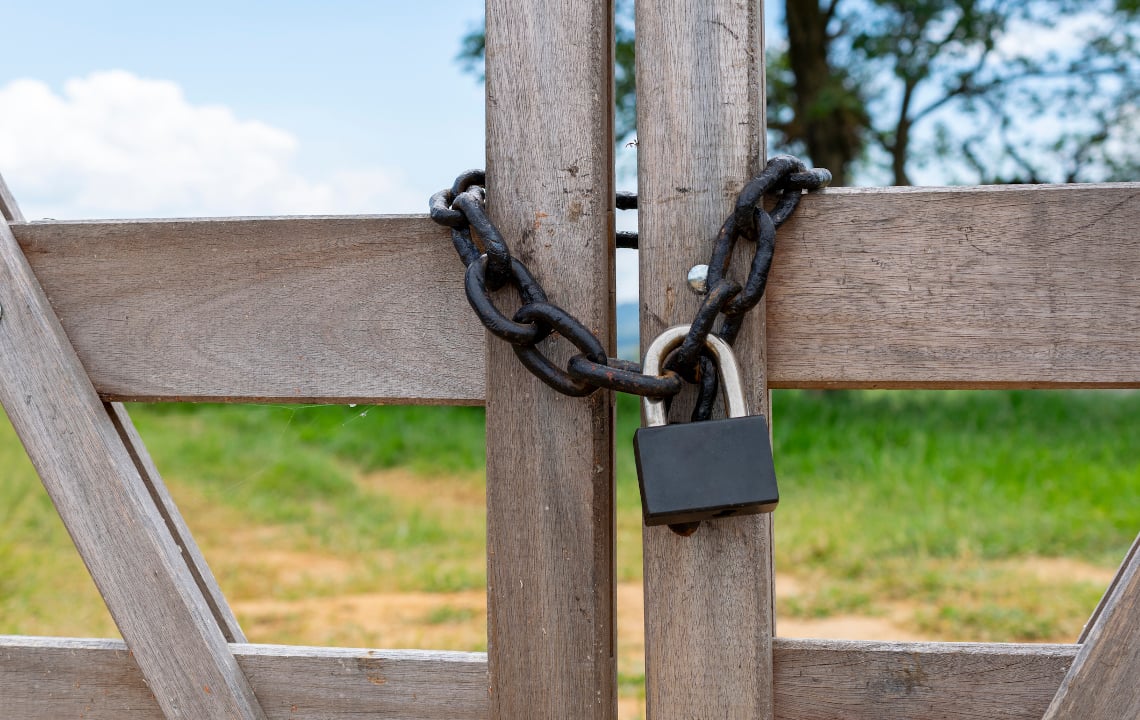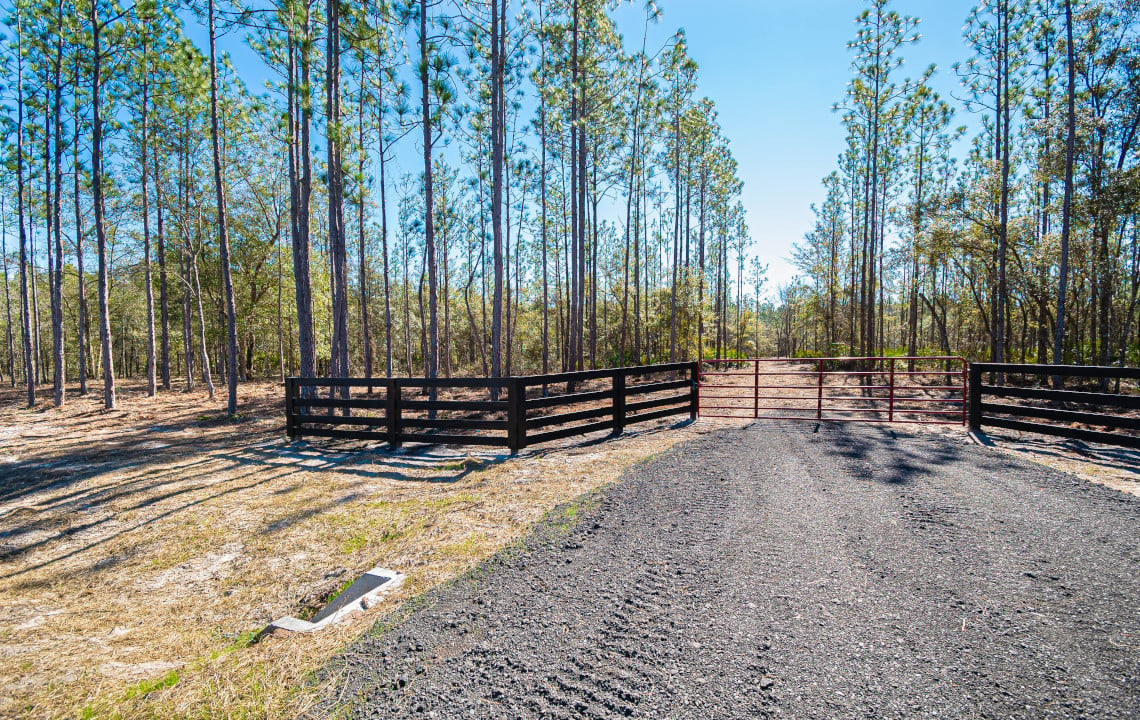One often under-appreciated health perk of rural living is unlimited access to a cleaner, more natural source of water: well water.
Most city water comes from rivers and lakes. These once-upon-a-time pristine waterways are now nearly all polluted with raw sewage, pharmaceuticals, motor fuel from boats and industrial run off.
To make public water sanitary and safe for drinking, it must be heavily filtered, treated with a cocktail of low-dose chemicals, and disinfected with chlorine.
Have you ever read the warning label on a chlorine bleach bottle? That stuff can kill you!
Yes, it’s used for water treatment in low doses, but if you drink 8 glasses of city water per day, 365 days a year…how can that possibly equate to a “low dose”?
Then there’s the issue of bathing.
Many of us don’t realize that our skin absorbs the water we bathe in. And when pollutants and water treatment chemicals become airborne through steam in that hot shower, they enter our lungs and can be much more toxic to our systems than when ingested via drinking.
I remember an English friend of mine commenting on how much he hated showering in the United States because our showers smelled like “a gas chamber” to him.
Case in point, according to the National Institutes of Health, inhalation of chlorine gas can cause wheezing, air obstruction, chest tightness and dyspnea. Yikes.
Chlorine and other pollutants aside, I could write an entire blog on the health controversy surrounding water fluoridation (and yes, there is a huge debate about this), but perhaps another time.
Given the iffy water quality in most cities (plus what you now know about chlorine and the fluoride controversy), moving to a country home with a well can hugely benefit your health.
Suddenly your tap water will taste like real water, and your shower won’t leave you smelling like you just did laps at the local pool.
For this reason, many people don’t even think about filtering their well water… but should your well water be filtered?
Read on to find out.
Natural and unnatural contaminants and your well
According to the CDC over 15 million Americans get their water from private wells. And most well water is safe to drink and cook with.
However, well water purity can be affected by the following depending on your location:
-
Naturally-occurring chemicals and minerals (such as arsenic, copper, calcium, and radon).
-
Pesticides, herbicides and other farming practices, including runoff from confined animal feeding operations (CAFOs).
-
Industrial pollution and fuel drilling can introduce dangerous levels of VOCs (Volatile Organic Compounds) into well water.
-
Heavy metals from nearby mining or mismanaged waste.
-
Malfunctioning sewers or improperly built/maintained septic systems (the EPA recommends septic tanks be installed at least 50 feet away from wells).
It is believed the deeper your well (preferably 800+ feet), the cleaner the water. Regardless, the CDC recommends having your well water tested for coliform bacteria, nitrates, and other local contaminants of concern at least once per year.
And, according to freedrinkingwater.com it is important to have your well water tested for pesticides, heavy metals and inorganic compounds before using it for the first time.
How to get your well water tested
Since you’re no longer on city water, it’s your responsibility to test your water for purity on a regular basis.
Here’s how to do it.
Option #1: Order a DIY home water testing kit. These range in cost from a few dollars to several hundred dollars depending upon what you wish to test for.
Option #2: Contact your local health department (here’s a link to information on Florida’s) and ask about how to collect a sample to send in for professional laboratory testing.
How extensive a test should you use or request? It depends on your state and local conditions.
In Florida, for example, they recommend testing for bacteria and nitrate once per year, but you may be eligible for more in-depth testing, free of charge, depending on your area. Again, check with your local health department for their recommendations.
Based on the research I’ve done for this piece, I’d take it a step further than a basic test and ask for pesticide, heavy metal and inorganic compound testing when you move in.
By paying a little extra up front, you’ll know exactly which contaminants need to be filtered out. And since not all water filtration systems are created equal this information will be invaluable as you make your selection.
The nuisance of excess minerals
Depending on the natural rock and composition of the soil, well water may have an abundance of specific minerals such as iron, sulfur, copper, calcium, magnesium, etc.
Some, but not all of these, can have a negative impact on your home plumbing and fixtures, possibly your health, your water’s taste and even your hair!
I know you’re wondering, so I’ll start with the hair.
In my teenage home, our well water had an excess of copper. Copper is an essential mineral, but when consumed in abundance can cause a number of health issues.
One of the things that tipped us off to this imbalance was everyone’s hair (and water fixtures) took on a subtle greenish tinge.
As a teenage girl, I was completely horrified.
Once we figured this out, we started filtering right away and everyone could stop coloring their hair.
Healthwise, minerals are a good thing. I mean, we pay extra for multi-mineral supplements, wheatgrass shots, and mineral water, right?
However, if your water contains too much of a specific mineral it can make your water taste or smell yucky, and even cause health issues.
For example, too much iron will make your water taste metallic (and cause rust on your sinks and faucets), or too much sulfur can make your water smell like rotten eggs.
According to the US Geological Survey’s Water Science site, too much copper can cause gastrointestinal issues, and too much nitrate can threaten the oxygen carrying capacity of the blood, causing “blue baby disease.”
See their site for a full list of possible excess water mineral/health issues.
Bad hair days, stinky water, and random health issues aside, the most common offender in the-excess mineral-gang is hard water caused by calcium build up.
Let’s get into it.
What to do about calcium build-up, a.k.a. hard water
 Natural limestone causes many wells to have an abundance of calcium. This is commonly known as “hard water”.
Natural limestone causes many wells to have an abundance of calcium. This is commonly known as “hard water”.
Excess calcium in water can leave stains on kitchen and bathroom fixtures, build up on pipes, and can create a real plumbing nightmare in your home.
Healthwise, some evidence suggests drinking hard water may lead to urinary issues including kidney stones. Ouch!
If you suspect hard water in your home, the simplest solution is to invest in a water softening system. A water softener removes the excess calcium from your water and can be purchased at any hardware store.
A water softener does not replace a water filtration system, which we’ll discuss next.
The best water filters for well water
As a health writer, I can tell you water filtration is a huge topic of debate.
One expert will swear by a cure-all filter that costs $10,000, while the next water-guru insists that one’s no good and you’d be better off with his awesome-sauce filter for 4 easy payments of $39.99.
Alas, there is no “perfect” filter out there for everyone.
However, by having your water tested (as discussed above) you will have all the information you need to choose the best water filter for your well.
Here are a couple things to consider.
First and foremost, be sure the water filter bears an “NSF Certification.” A product cannot be NSF-certified until it has proven it removes all the contaminants it claims to.
Reverse Osmosis Well Water Filters
Reverse osmosis (RO), is a pretty awesome way of filtering out nearly everything that could be lurking in your water. And by everything, I also mean all the minerals and trace minerals.
If excess minerals in your water are an issue, RO may be a good option. Just keep in mind you won’t be receiving any mineral benefits from your water.
This may not matter if you have a good diet and/or take supplements, and it may be worth the trade off if your water really tastes yucky. Either way it’s worth doing a little research on the benefits and drawbacks.
RO filters also reject a certain percentage of water. So if you’re in a drought-prone area, you’ll want to figure out how to re-use that rejected water (can be fine for plants), or choose another filtration system.
Read more about reverse osmosis here.
Carbon Well Water Filters
Carbon Filters can offer a more inexpensive option than reverse osmosis, but they generally don’t remove heavy metals or dissolved solids. If this isn’t an issue for your water, this could be a great option.
Carbon filters come in different stages for removing specific contaminants, and their quality varies greatly, so do your research, and again look for that NSF label to ensure a quality product.
Read all about the different types of carbon filters and their pros and cons here.
Whole House Water Filteration Systems
A whole house filtration system can be a great solution for those on city or well water.
For a comprehensive look at the best whole home filtration systems, I recommend the Environmental Working Group’s Updated Water Filter Buying Guide.
As you can see, the topic of drinking water, be it well or city, is not an uncomplicated one.
But getting close-to-perfect well water doesn’t have to be complicated.
-
Invest in a comprehensive water test when you move in
-
Choose your filtration system/water softening based on the test results
-
Have your water tested annually per-health department recommendations (or based on your own research) from there on out.
It’s that easy.
I hope I was able to simplify the question, “Should Well Water Be Filtered?” and make a somewhat cumbersome and potentially technical topic fun and interesting.
Bottom line, we relish rural living because of the choices, self-sufficiency and freedom it affords us. Most water isn’t perfect anymore, that’s just the way it is. But when you own your own well, you get to control the quality and purity of your water.
And, considering our bodies are over 80% water, I’d say that’s a pretty huge benefit.
I’d choose filtered well water over city water ANY day…how about you?
Cheers!
-Kristen
Are you dreaming of setting up a homestead with well water? If you don't yet have the land, Raydient Places + Properties features rural property for sale throughout the South at RaydientPlaces.com. Take a look!

























